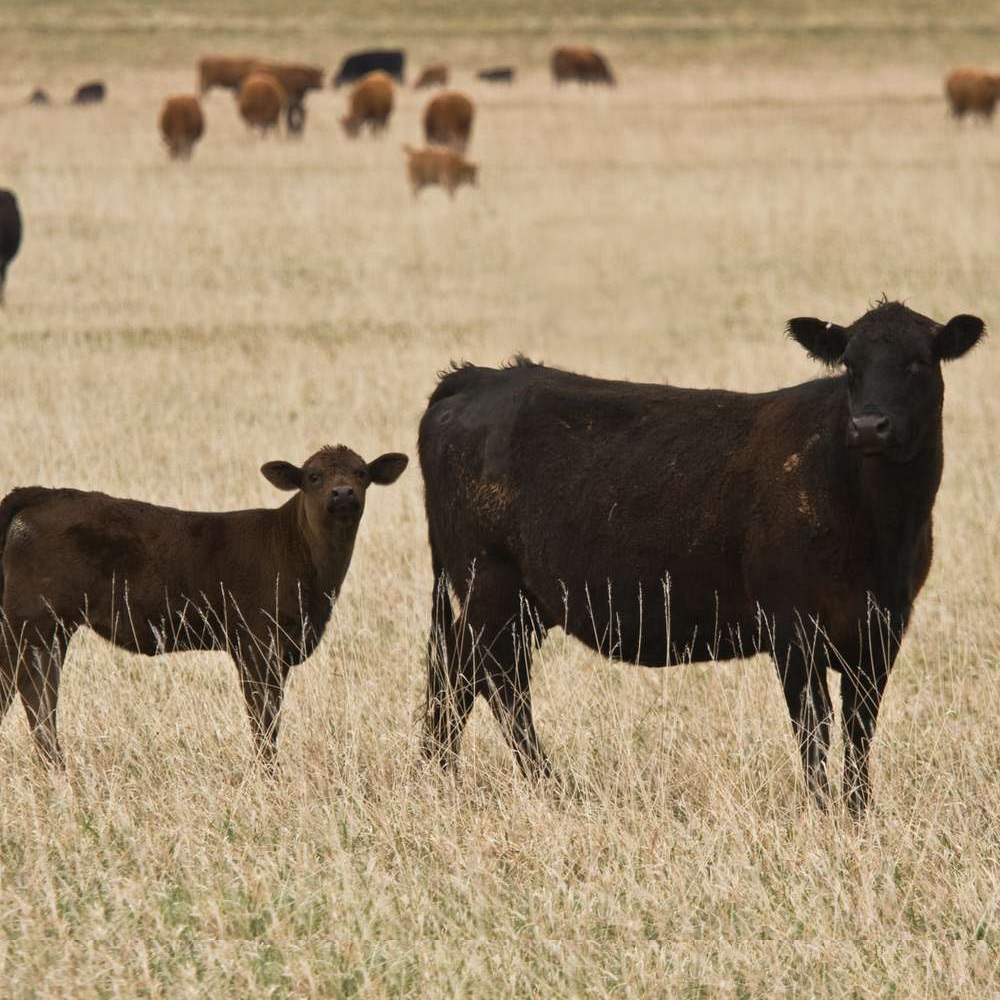
A dangerous parasitic fly known as the New World screwworm is making its way north through Central America, now less than 700 miles from the U.S.-Mexico border. This flesh-eating pest poses a serious threat to livestock, wildlife, and even pets. With Texas cattle producers and the broader $15 billion livestock industry at risk, the state has activated emergency response plans to prepare for a potential outbreak. Among those speaking out is Texas Wagyu Association member Kenny Landgraf of Landgraf Ranch at Walnut Creek, who is already employing preventive measures on his Red Rock operation.
The screwworm’s larvae burrow into the flesh of warm-blooded animals, causing severe wounds and death if left untreated. In response to the growing threat, Governor Greg Abbott has directed the Texas Parks and Wildlife Department and the Texas Animal Health Commission to form a joint Screwworm Response Team. The USDA has also suspended live animal imports from Mexico multiple times this year, contributing to supply chain stress and rising cattle prices.
An outbreak could cost Texas an estimated $1.8 billion annually, with direct losses to cattle producers potentially exceeding $740 million. The economic impact wouldn’t stop at beef production — the hunting industry and wildlife conservation efforts could also suffer. During the 1960s, the screwworm wiped out 80% of Texas’s white-tailed deer population. As Landgraf explains, the situation could evolve into a full-blown supply crisis if not quickly and effectively contained.
To combat the parasite, the USDA is investing in sterile insect technology. A new $8.9 million facility at Moore Air Force Base will receive and release sterile screwworm flies in an effort to suppress the population. However, concerns remain about the scale and speed of the response, especially as Central American barriers have weakened since the COVID-19 pandemic. With history reminding us of the devastation screwworms once caused, industry leaders and government agencies are now racing against time to protect Texas livestock.
Our article was a summary of a KXAN Austin story recently ran: Texas cattle industry braces for screwworm threat as deadly parasite spreads from Mexico


